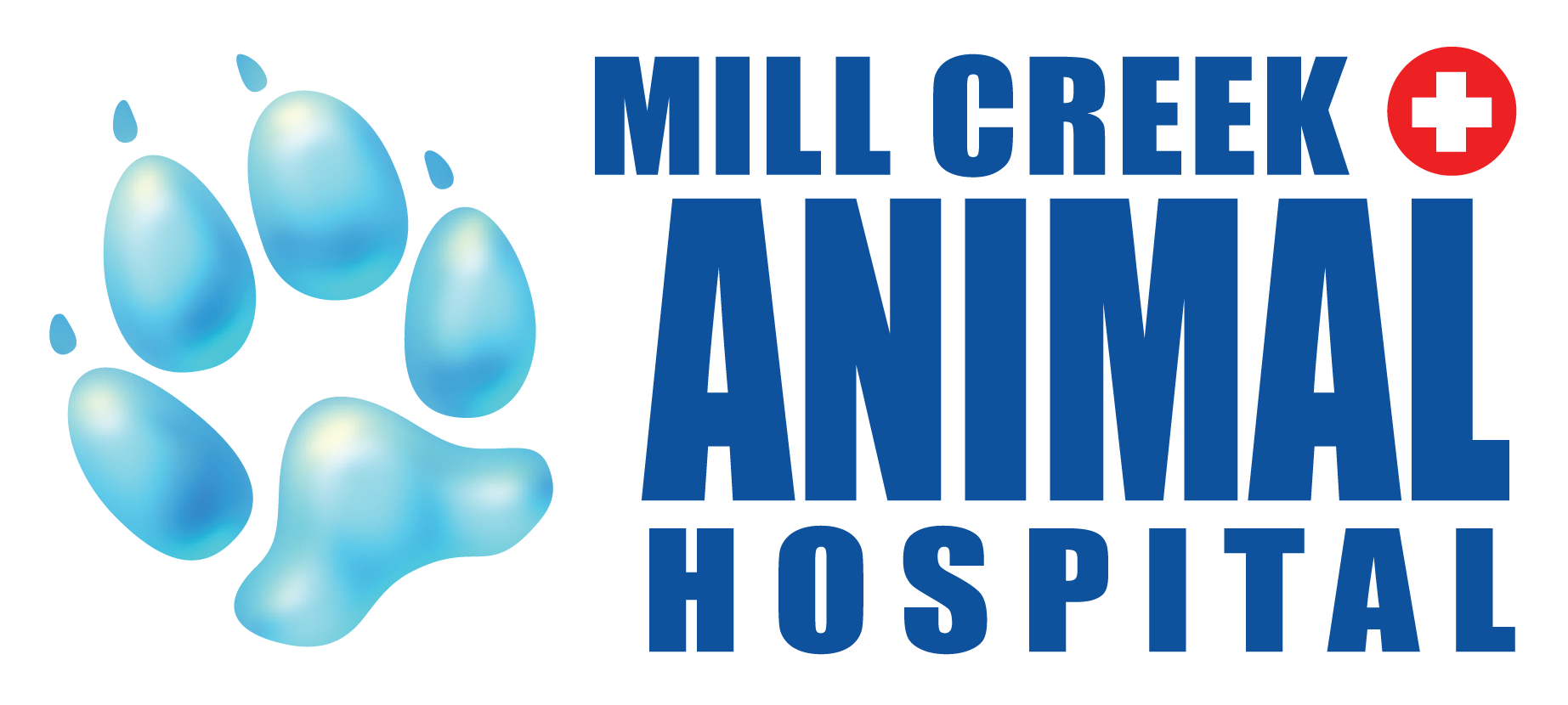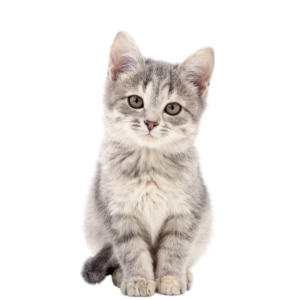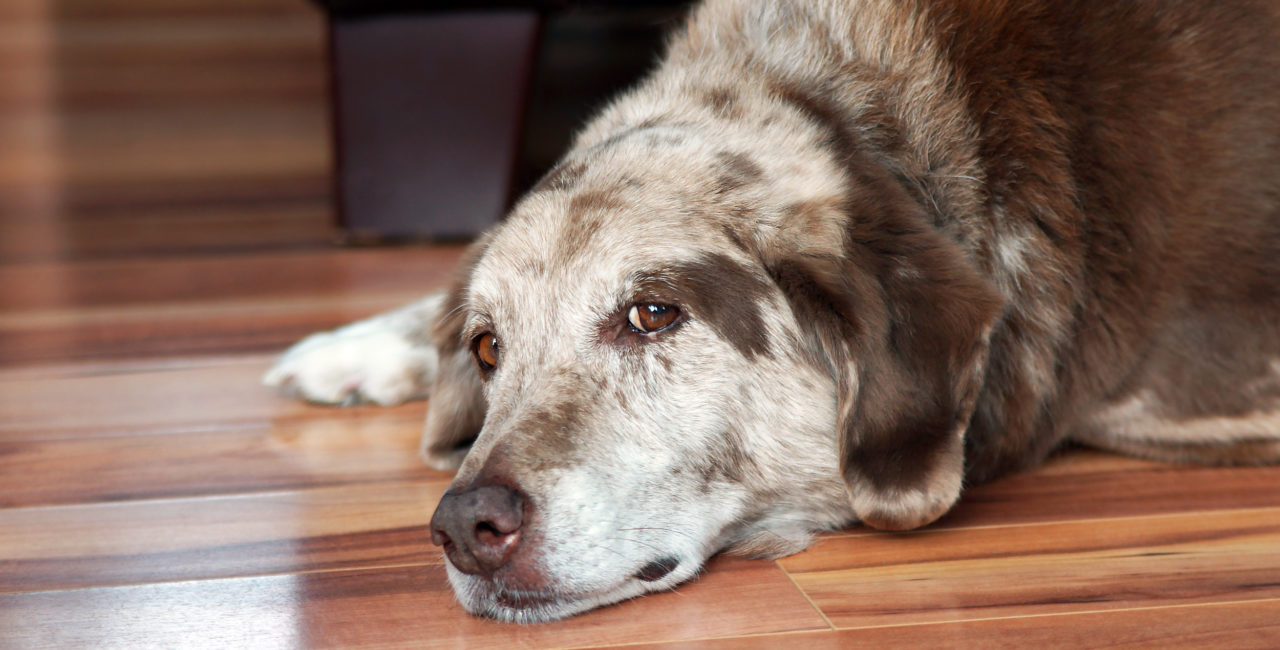Did you know that arthritis not only affects people of all ages but it affects our pets as well? In fact, one in five dogs over the age of seven and ninety percent of geriatric cats have arthritis. It is one of the most common sources of chronic pain that veterinarians treat.
The definition of arthritis is: acute or chronic inflammation of a joint often accompanied by pain and structural changes. Having diverse causes, as infection, crystal deposition, or injury. And in layman’s terms: cartilage acts as a cushion preventing bone from hitting bone as the joint moves. In arthritic joints, the cartilage has deteriorated, causing the exposed bones to grind into each other. Which, as you can imagine, can be quite painful.
Working dogs, athletic dogs, obese pets are especially prone. Trauma and injury, hip or elbow dysplasia also predispose pets to arthritis.
Common signs of arthritis in dogs can be:
- Limping, favoring certain limbs
- Difficulty getting up from resting position
- Hesitating going up or down the stairs
- Lagging behind or tiring on walks
- Preferring to lie down rather than sit or stand
- Whimpering, growling or snapping when touched in affected areas
- Muscle wasting
Common signs of arthritis in cats can be:
- Eliminating outside of the litter box (Due to pain getting in and out of the box)
- Social reclusiveness
- Decreased activity
- Trouble jumping on or off surfaces
- Walking stiffly, even limping
- Discomfort or aggression when petted or handled
- Difficulty climbing stairs
Now, what should you do if you see any signs that may lead you to believe your pet has arthritis? For starters, book an appointment with your veterinarian at Mill Creek Animal Hospital! Radiographs could be taken to assess the situation as well as perform a full physical exam. From the assessment Mill Creek Animal Hospital will be able to provide you with some options for treatment. Which can include, but are not limited to, diets, exercise options, arthritis pain medications (NSAIDS), joint supplements.
NOTE: Never give your pet human medications without checking with your veterinarian.
Diets are a great and effective way to help arthritis pain. The added benefits of what these diets offer can help reduce the need or the amount of NSAIDS used to control pain and inflammation. Two of our favorite foods to use to aid in the fight against arthritis pain are Royal Canin Mobility Support and Hills Prescription Diet J/D. Keep in mind that these diets can take up to six weeks to work to their full potential and reduce clinical signs.
Royal Canin Mobility Support and Hills Prescription Diet J/D can be used for pets with arthritis, pets that have had surgeries in their joints (Cruciate ligament repairs, etc), pets predisposed to orthopedic diseases, working dogs or agility dogs. Added supplemental Omega 3 Fatty Acids help reduce inflammation and improve mobility. It also contains Supplemental Glucosamine and chondroitin, which provides building blocks to repair cartilage. Mobility Support also has the added benefit of Green Lipped Muscle Powder which also reduces the clinical signs of arthritis. J/D has the added benefit of carnitine which helps burn fat while maintaining lean muscle mass. There is so much more that can be said about these diets but for the sake of keeping it simple we will leave it at that.
What other kinds of things can you do to help? There are non-weight bearing exercises like swimming which can be quite effective. You don’t want your arthritic pet to be overweight as that can cause them more pain! You can add in some joint supplements like glucosamine and chondroitin. Check with your veterinarian on doses or better yet, get some from Mill Creek Animal Hospital that is for pets. Your veterinarian may also want to add in some NSAID (Non-steroidal anti-inflammatory) medications to help control the pain and discomfort. If they like to hang out on the couch or on your bed you can buy or build a ramp so they don’t have to jump up and down. In the colder months you can limit their time outside, make sure they have a thick and soft cozy bed in a warm room. Your pets will love you even more for all the extra time and care you are providing them.



